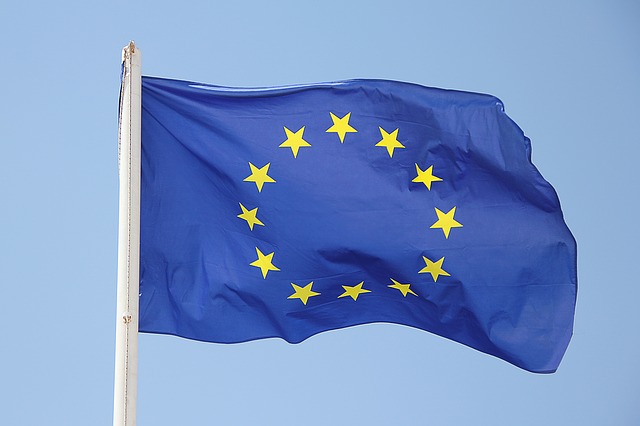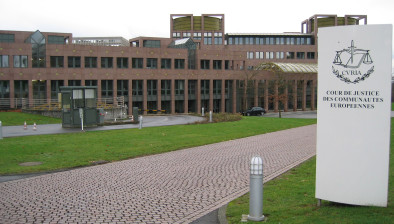New EU directive to strengthen law on child sexual abuse

A proposed new EU directive on child sexual abuse and sexual exploitation will expand the definitions of various offences and introduce higher penalties and more specific requirements for prevention and assistance to victims.
The proposal adopted by the European Commission yesterday marks the first revision of criminal law rules on child sexual abuse since 2011.
It will create new offences including livestreaming of child sexual abuse and the possession and exchange of “paedophile manuals”, as well as updating the definitions of the crime to include child sexual abuse material in deepfakes or AI-generated material.
The proposal will set a longer time period during which victims can report the sexual abuse they suffered and seek action against the offender. The new rules will also grant victims a right to financial compensation to address the long-term harms that child sexual abuse causes.
Recruiters for activities involving close contact with children and for organisations working against child sexual abuse will be required to request the criminal records of candidates. There will also be new mandatory reporting requirements for professionals working in close contact with children.
European Commission vice-president Dubravka Šuica said: “Child sexual abuse and exploitation is a heinous crime with life-long traumatic consequences for children. We are strongly committed to make the protection of our children and their rights from all forms of violence a key priority in our work.
“With this updated directive, we are strengthening protection, prevention, awareness and support towards achieving a secure and nurturing environment for the most vulnerable. Our children’s safety is our responsibility, and we will not give up. Because every child matters.”
Margaritis Schinas, vice-president for Promoting our European Way of Life, added: “We are closing down the loopholes that allow criminals to perpetrate their crimes — online and off.
“With a new set of criminal laws, we will make it easier to prosecute offenders, facilitate investigations and provide better assistance to victims. We are also placing a renewed emphasis on prevention, to ensure we are not just responding to incidents of exploitation but proactively eliminating the conditions that foster exploitation in the first place.”










